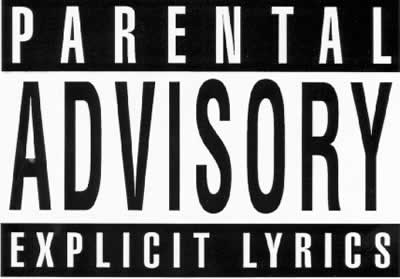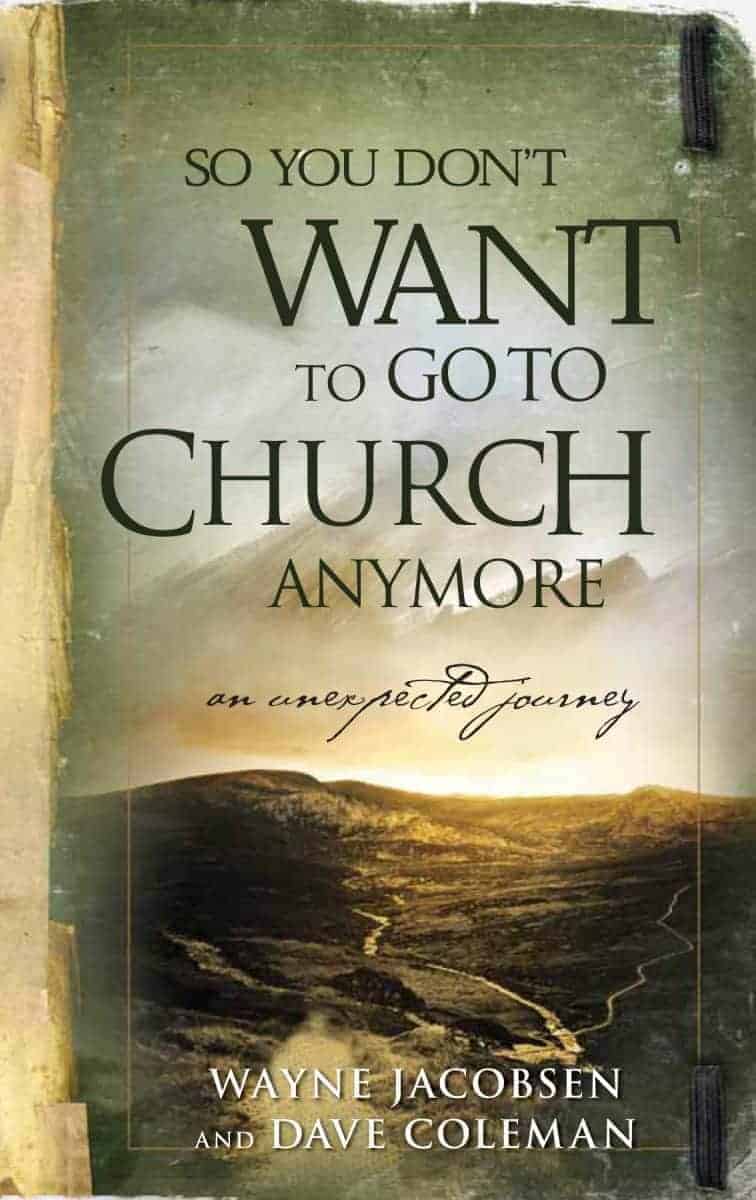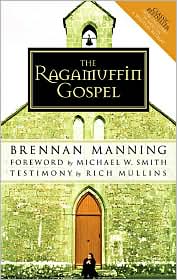Diversion
Wednesday, June 28, 2006
When I started reading Night by Elie Wiesel I thought I was taking a literary detour of sorts. I've been reading books on faith and Christianity and felt like I needed a diversion.
So much for THAT idea!
When Wiesel was 15, he and his family were forced by Nazis into a Jewish ghetto and then deported to Auschwitz. His mother and younger sister, Tzipora, were killed at Auschwitz. He and his father survived together for one year, but his father died shortly before American troops liberated the camp. Wiesel describes his experience during the Holocaust in Night.
During the days of selection, (where it was decided who among them would be sent to the crematory to be burned alive), many Jews lost their faith, declaring that God was no longer with them.
Referring to a Polish rabbi that turned his back on God, Wiesel says:
Then I consider the suffering of Christians in North America. No, wait. Did I say suffering? Oh. Does that happen here? I don't think I've seen suffering here.
I've seen Christians who THINK they are suffering. (Not physically, of course. Not like how Wiesel was beaten and left for dead - on a daily basis. THAT would never happen here. This is North America, after all!) Our suffering is more... well... delusional. Yet, very powerful!
Yes! I see people losing incentive to keep their faith all the time because of their... suffering.
Okay, so it's not REALLY suffering. I am sure that there are North American Christians that DO suffer because of their faith, but I've never actually met one. Not really. And yet, we still seem to use "suffering" as the excuse to open ourselves to death and doubt all the time.
God.
Enough diversion for one day. I guess if you're REALLY a person of faith then you can't escape it. No matter WHAT you're reading.
So much for THAT idea!
When Wiesel was 15, he and his family were forced by Nazis into a Jewish ghetto and then deported to Auschwitz. His mother and younger sister, Tzipora, were killed at Auschwitz. He and his father survived together for one year, but his father died shortly before American troops liberated the camp. Wiesel describes his experience during the Holocaust in Night.
During the days of selection, (where it was decided who among them would be sent to the crematory to be burned alive), many Jews lost their faith, declaring that God was no longer with them.
Referring to a Polish rabbi that turned his back on God, Wiesel says:
...if only he could have kept his faith in God, if only he could have considered this suffering a divine test, he would not have been swept away by the selection. But as soon as he felt the first chinks in his faith, he lost all incentive to fight and opened the door to death.I have never experienced anything remotely close to the suffering that Wiesel describes in this horrifying account. At times, Wiesel himself questioned the very existence of a seemingly absent God. Perhaps, rightly so.
Then I consider the suffering of Christians in North America. No, wait. Did I say suffering? Oh. Does that happen here? I don't think I've seen suffering here.
I've seen Christians who THINK they are suffering. (Not physically, of course. Not like how Wiesel was beaten and left for dead - on a daily basis. THAT would never happen here. This is North America, after all!) Our suffering is more... well... delusional. Yet, very powerful!
Yes! I see people losing incentive to keep their faith all the time because of their... suffering.
Okay, so it's not REALLY suffering. I am sure that there are North American Christians that DO suffer because of their faith, but I've never actually met one. Not really. And yet, we still seem to use "suffering" as the excuse to open ourselves to death and doubt all the time.
God.
Enough diversion for one day. I guess if you're REALLY a person of faith then you can't escape it. No matter WHAT you're reading.





